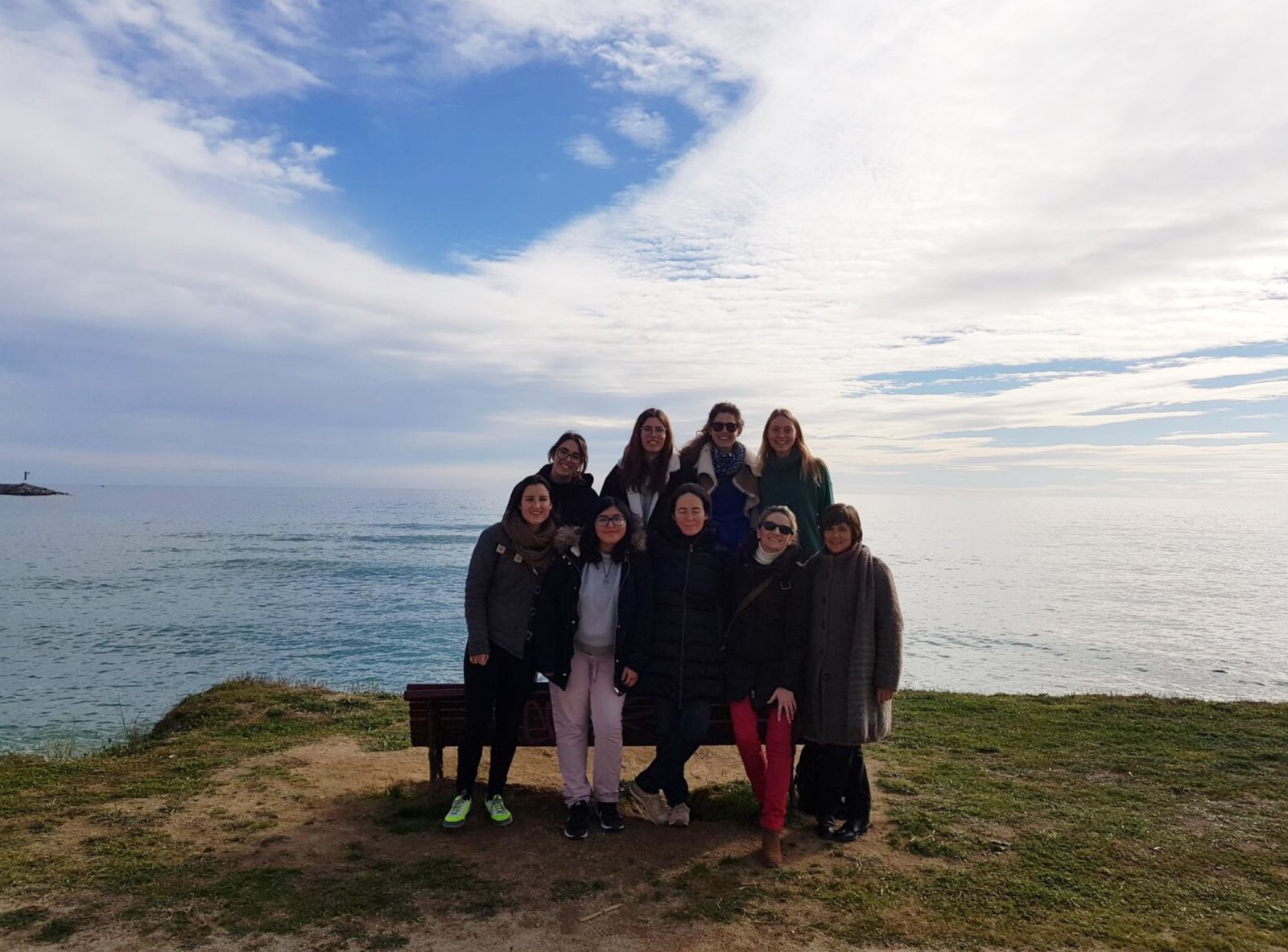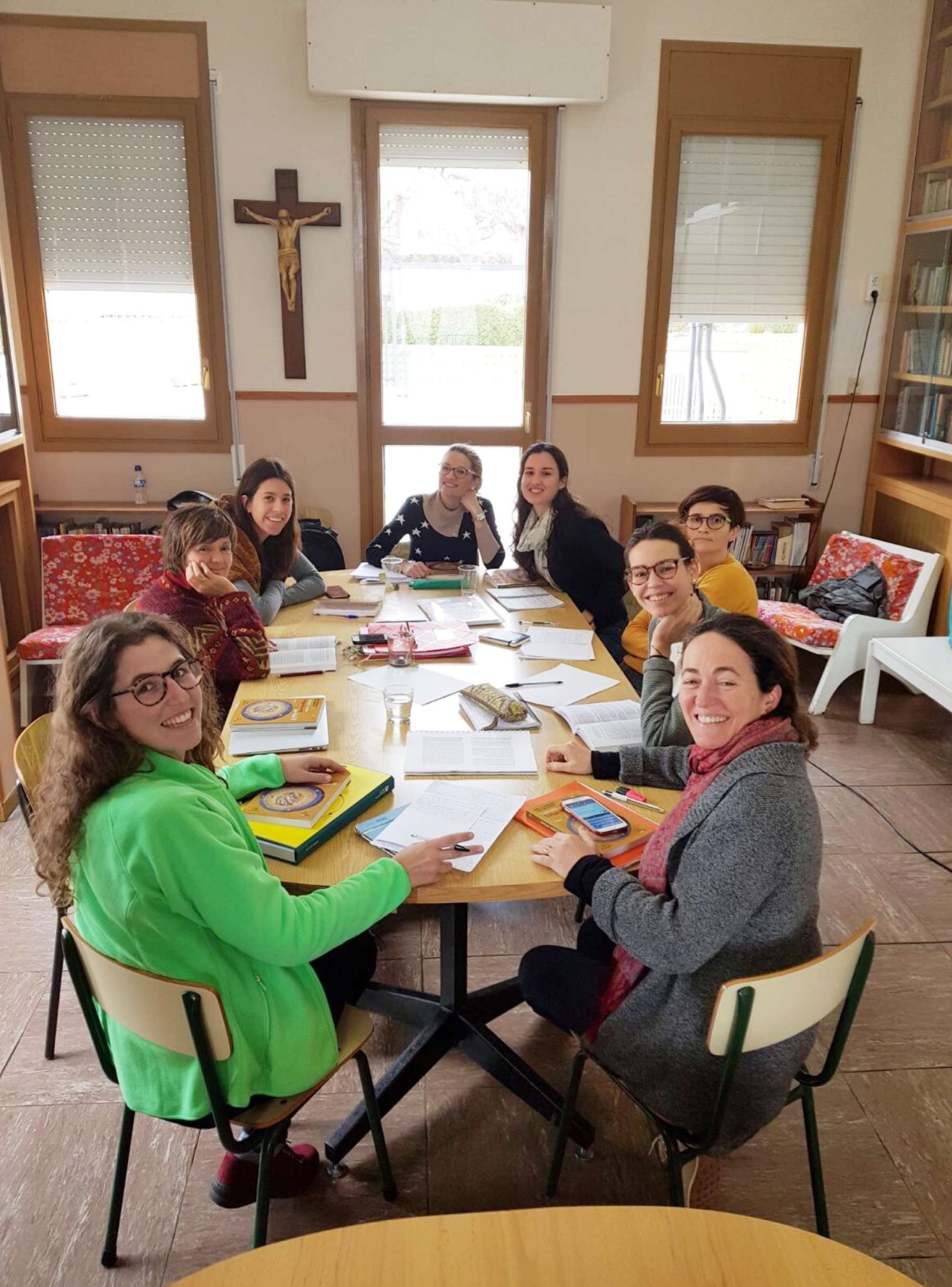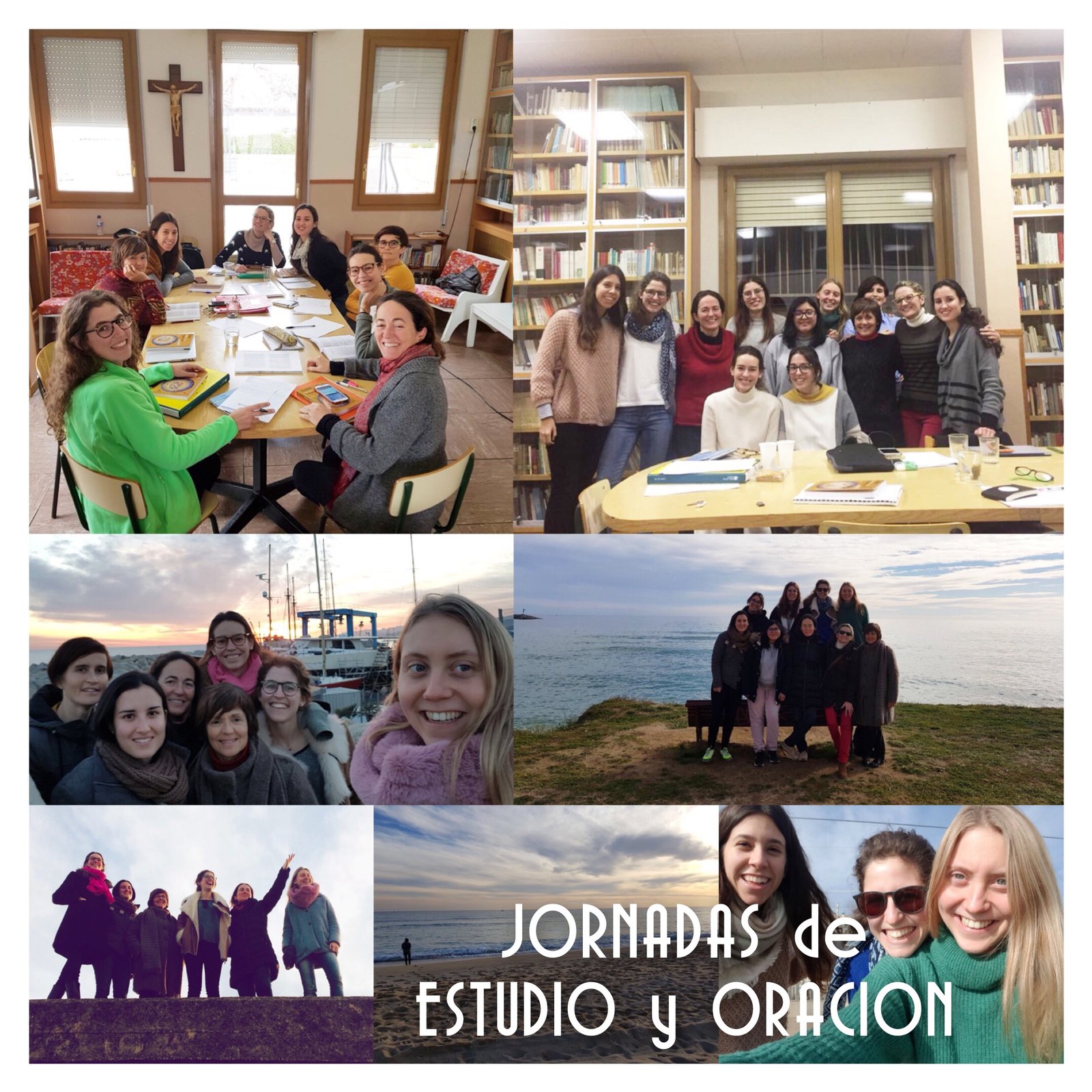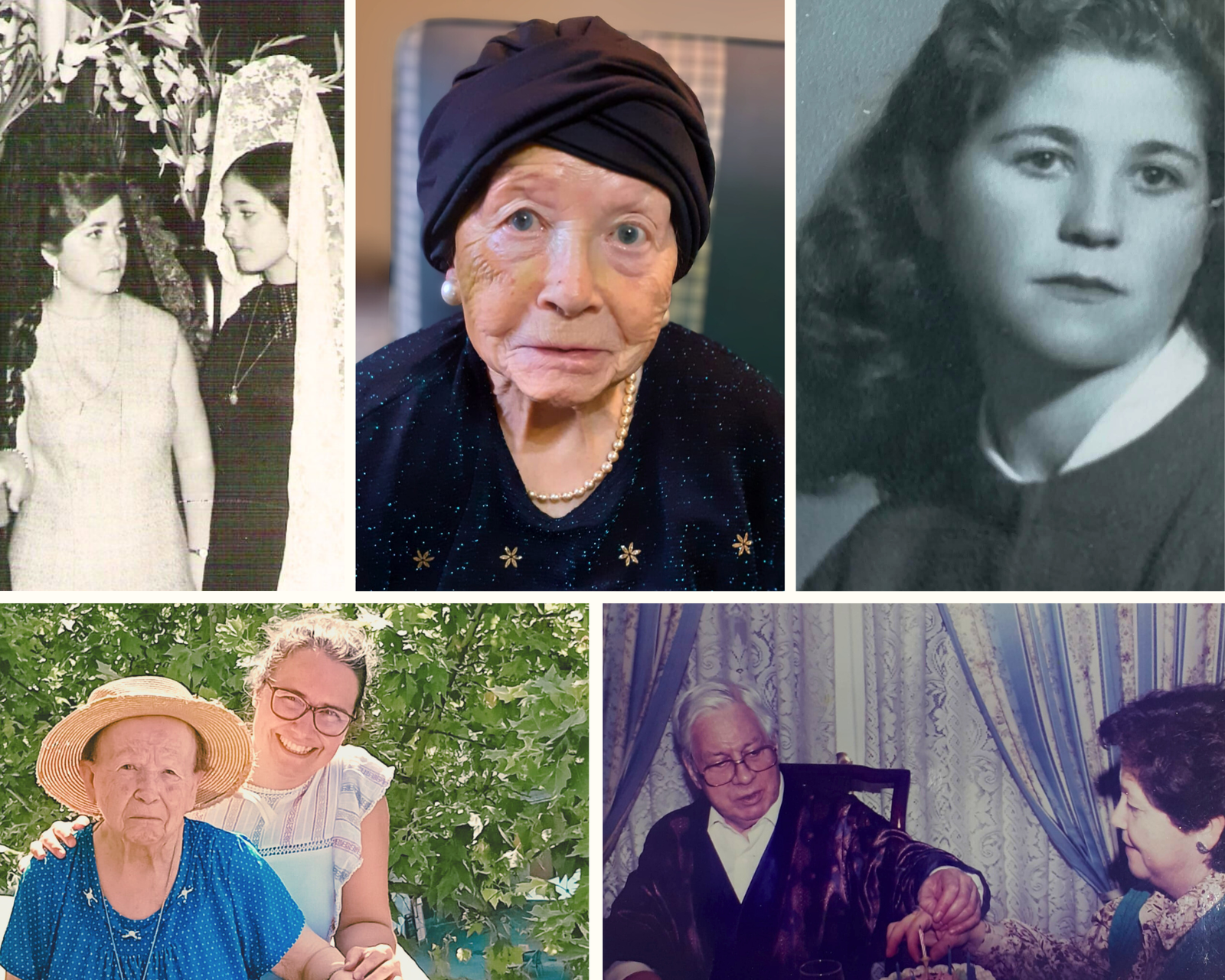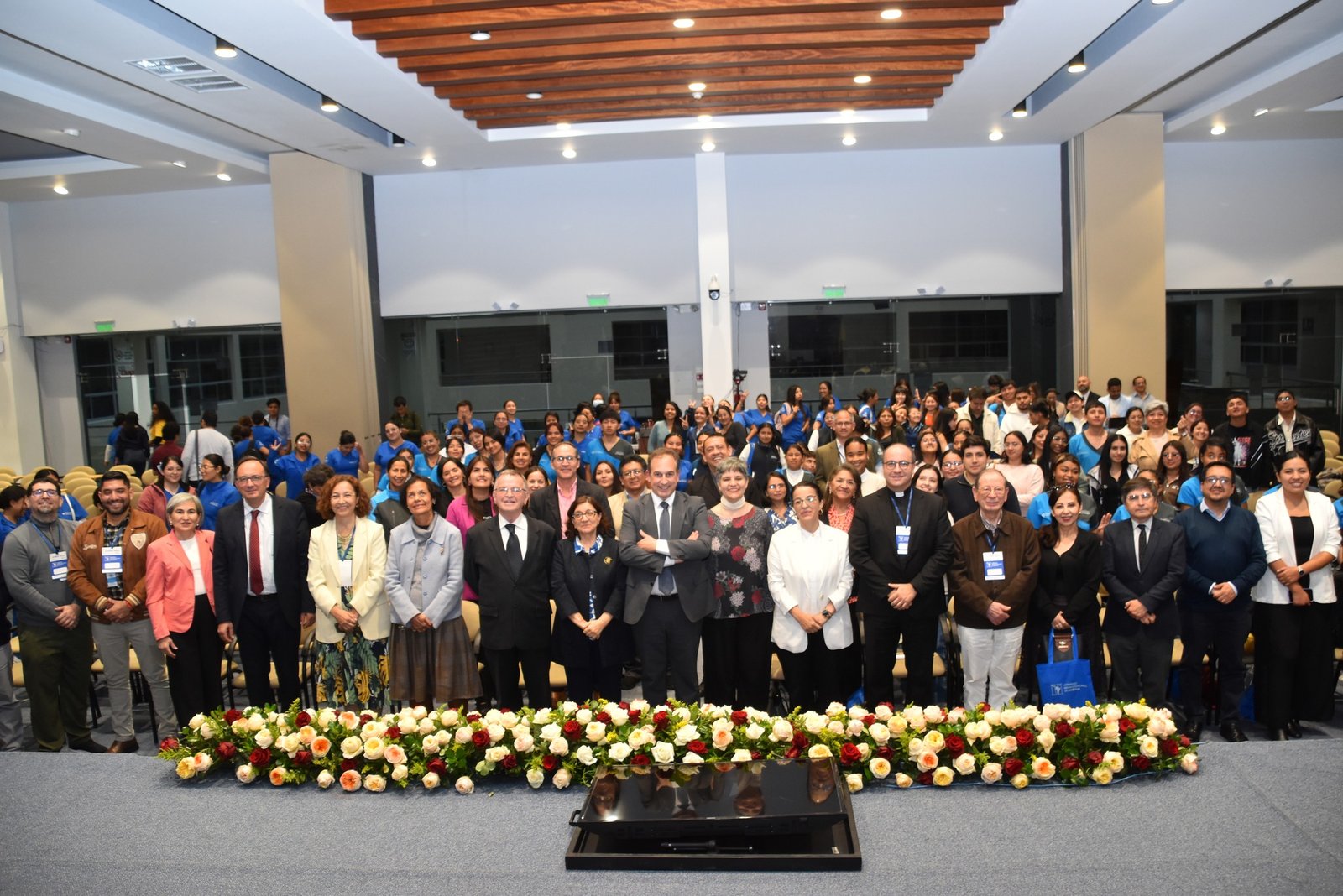
During the last week of the year and in a monastic atmosphere, the Study and Prayer Days were organized in Barcelona. For this purpose we gathered a group of university students and other professionals to pray and study around the theme “the wound of mistrust and love as a restoration of the bond”.
In recent years and in various fields, we have found ourselves immersed in a theme in vogue for its great relevance in the process of Christian maturation: the awareness of the wounds of the heart. The reason for these days was to jointly study the topics related to wounds that damage the primordial bond with God the Father, to carry out a joint reflection and to pray in silence to grow in intimacy with God.
The framework theme: “Wound, grace and transfiguration: from love of appropriation to love of donation” will encompass the six meetings planned for this academic year, with a monthly frequency. In the first meeting the contents related to the wound of mistrust and love were worked on, as a guide for the restoration of the bond. We rely on texts on the theology of the body by John Paul II, and on the wounds of fundamental relationships, putting them in reference with the anthropology of Fernando Rielo. The emphasis was continually on how to unite (make synthesis) the human experience of love and Christian revelation.
The sessions began on Friday night, with an introduction to the frame theme of the conferences, highlighting how study and prayer allow us to delve into the human experience of love and Christian revelation. It was stressed that only prays continuously, the person who unites prayer to works and works to prayer. That is, the works are not enough, they must be formed by the response of the human being to the initiative of divine love. The talk given by Mar Álvarez on “Anthropology: the cracks in the unity of being” was crucial to understand it from Rielo’s anthropology and psychoethics in a practical and concrete way.
After the final sharing on Friday, we share the artistic gifts of each one, through an artistic event called Athenaeum. As is tradition already in this type of conference, the sessions of individual study and sharing were interspersed with moments of personal prayer and participation in the Holy Mass. This environment fostered a healthy and intimate coexistence. There were some moments for playing, and a refreshing walk did not fail, to enjoy an interesting talk while contemplating the Mediterranean Sea.

